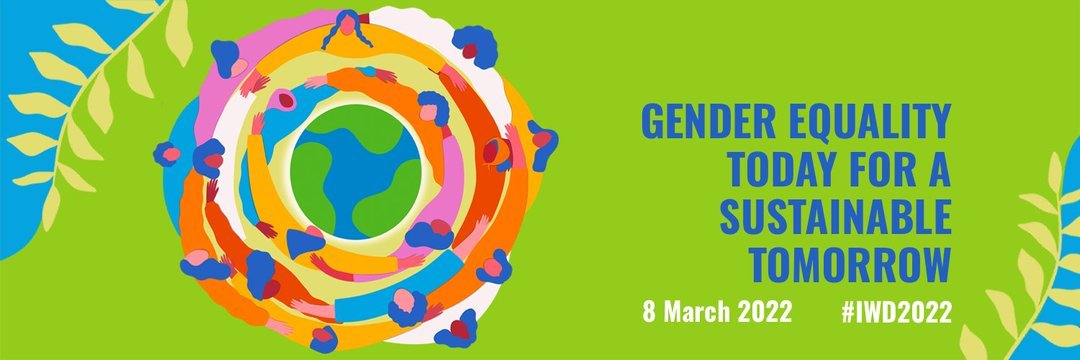Meet Rosie Paul, CHN Gender and Climate Change Issue Lead
Building Gender-Responsive, Culture-based Climate Action
On the eve of International Women’s Day 2022 (8 March), the Climate Heritage Network is delighted to announce Rosie Paul as the CHN’s Gender and Climate Change Issue Lead. Paul is the principal architect at Masons Ink Studio, a women-led, Bengaluru, India-based design and construction firm that uses heritage and traditional knowledge to push the boundaries of how we make climate-resilient places, while working to empower women in the construction sector. In 2021, she served as a Climate Heritage Network observer delegate to the UN Climate Conference (COP26). That experience inspired her to take on the Gender and Climate Change Issue Lead role.
CHN Issue Leads are CHN members who have agreed to help the CHN engage on specific issue pertinent to international climate change policy. In her new position, Paul hopes the CHN membership can become a force for opening the door to more support for gender-responsive, culture-based climate action.
Rosie Paul of Masons Ink
One of Rosie Paul’s first acts will be to help coordinate the CHN’s submission in response for a recent call from the UN climate agency (known as the UNFCCC) for inputs on gender and climate change. This is one of dozens of calls for submissions that UN climate bodies have issued in furtherance of decisions taken at COP26. Said Paul:
“I am delighted to report that the CHN has identified gender as an important dimension when speaking of culture and climate action and is planning on making a submission in response to this call.”
Paul has issued and invitation to all CHN members to provide inputs to the CHN Submission. She will be collating the CHN’s submission into a concise and comprehensive document.
The CHN submission will address the cultural dimensions of gender differentiated climate impacts and gender responsive action. Paul is canvassing the full CHN membership, she said, ‘in order to make sure the CHN’s suggestions inclusive and one which reflects the full diversity of cultural actors from around the world.’ More information on the UN consultation can be found below.
The Submission will also build on information collected in the report ‘The Role of Culture in Climate Resilient Development‘ that was issued jointly by the CHN and the UCLG Culture Committee at COP26. The report looks at the role of arts, culture and heritage in transformative trajectories that pursue the duals goal of limiting warming to 1.5°C while strengthening sustainable development, including promoting gender equality (SDG 5 and 10).
In the coming months, the CHN will also be looking to join the UNFCCC’s Women and Gender Constituency. This would allow for even deeper connections for arts, culture and heritage advocates to work at the intersection women, gender, and climate change.
Gender and Climate Change Policy
The UN climate agency announced the pending consultation on Gender and Climate Change in line with this decision taken at COP26. To aid the CHN in making a submission, CHN members have been invited to provide inputs that address the culture or heritage dimensions of (1) gender-differentiated climate impacts; (2) women as agents of change and opportunities for women, or (3) gender-responsive climate action. Inputs are due to the CHN by 11 March 2022.
Background: Climate change impacts on women and men often differ owing to historical and current gender inequalities and multidimensional factors, including culture, and can be more pronounced in developing countries and for local communities and Indigenous Peoples. At the same time, the full, meaningful and equal participation and leadership of women in all aspects of international, national- and local-level climate policy and action is vital for achieving long-term climate goals. Learn more about the UNFCCC’s 5-year enhanced ‘Lima work programme on gender’ and its Gender Action Plan (‘GAP’) adopted in 2019 at COP25.
Spotlight on Culture Colleagues At Work
Banglanatak’s Cultural Skills for Livelihood Resilience initiative in West Bengal, India is a cultural heritage-based skilling efforts focused on the Sholapith craft tradition, providing sustainable green livelihoods resilient even to extreme climate hazard to local women while working to mitigate and adapt to climate change. Learn more about this project in the 2021 UCLG/CHN Report: ‘The Role of Culture in Climate Resilient Development.



